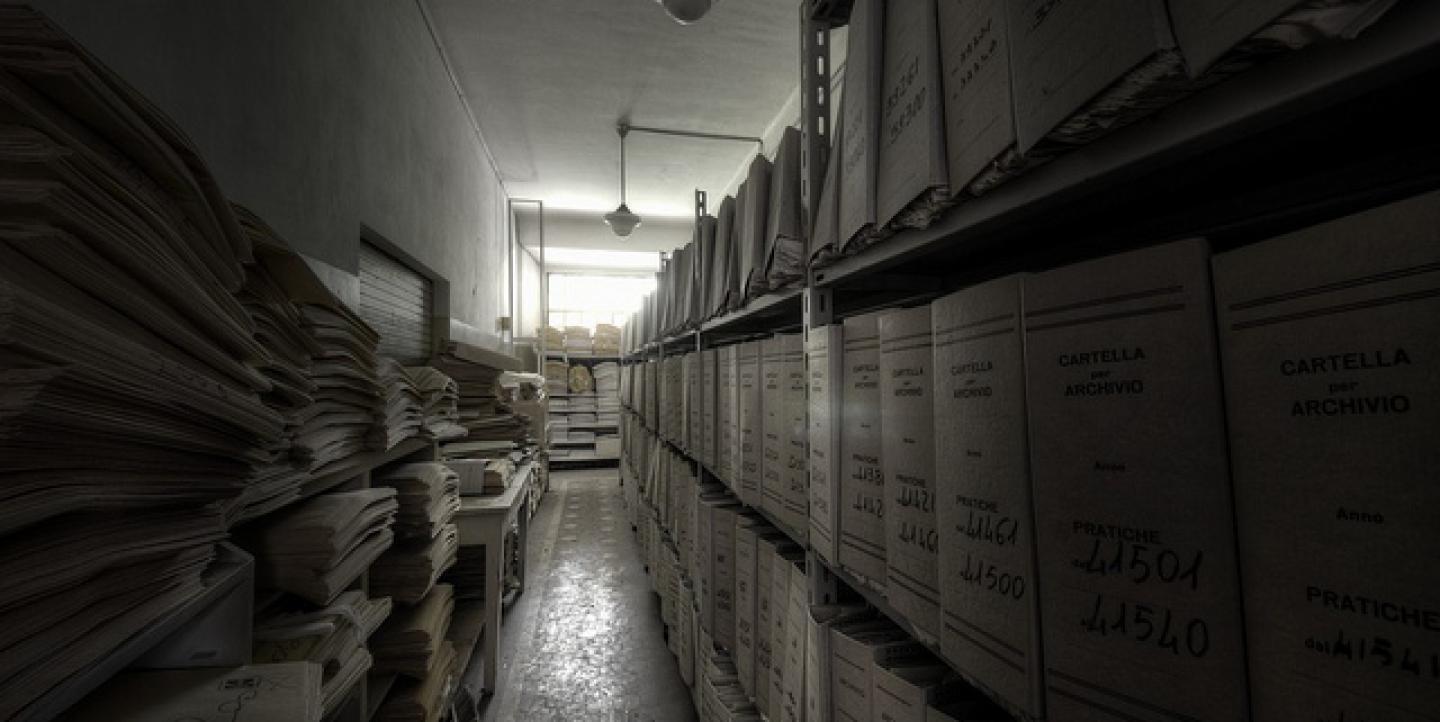The success of virtually any investigative story depends on whether or not the journalist can access information. In democratic societies, this often entails filing a freedom of information request. In nations without this type of legislation in place, however, things become more tricky.
Join IJNet for a live chat on March 16 at 10 a.m. EST to better understand how to file freedom of information requests, how to access information in closed or non-democratic societies and the role of freedom of information in the digital age.
Participants will be free to ask questions and get advice from Helen Darbishire, founder and executive director of Access Info Europe, and Melissa Yeager, senior staff writer at the Sunlight Foundation.
Interested participants can enter the chat here on the day of the event or ask questions on Twitter using the hashtag #IJNetLive.
Leaders in promoting government transparency and accountability, Darbishire and Yeager will discuss:
- Obtaining information on public record
- Information ethics
- Avoiding the pitfalls of seeking information
- How freedom of information applies to journalism students and universities
About the chat leaders:
Helen Darbishire is the founder and executive director of Access Info Europe. A human rights activist for more than 20 years, Darbishire specializes in the public’s right of access to information, as well as the development of open and democratic societies that have participatory and accountable governments. She has offered her expertise to organizations like UNESCO, the Council of Europe, OSCE and the World Bank. Prior to establishing Access Info Europe, she worked at Article 19 and the Open Society Institute. She is also a founder of the global Freedom of Information Advocates Network, serving two terms as its chair.
Melissa Yeager is a senior staff writer at the Sunlight Foundation, a nonprofit organization aimed at making government and politics more accountable and transparent to all. She previously worked as a reporter at television stations across the U.S. At KSHB in Kansas City, she helped produce the regional Emmy-nominated online series “The Dark State,” which showed how Kansas law enforcement operated under a veil of secret because its probable cause affidavits were not public record. The series helped push state lawmakers to partially open those records. Melissa is a recipient of two regional Emmy awards, a regional Edward R. Murrow award and was part of the investigative team at KSHB when it won Columbia University’s Alfred I. duPont award.
Main image CC-licensed by Flickr via Pietromassimo Pasqui.


